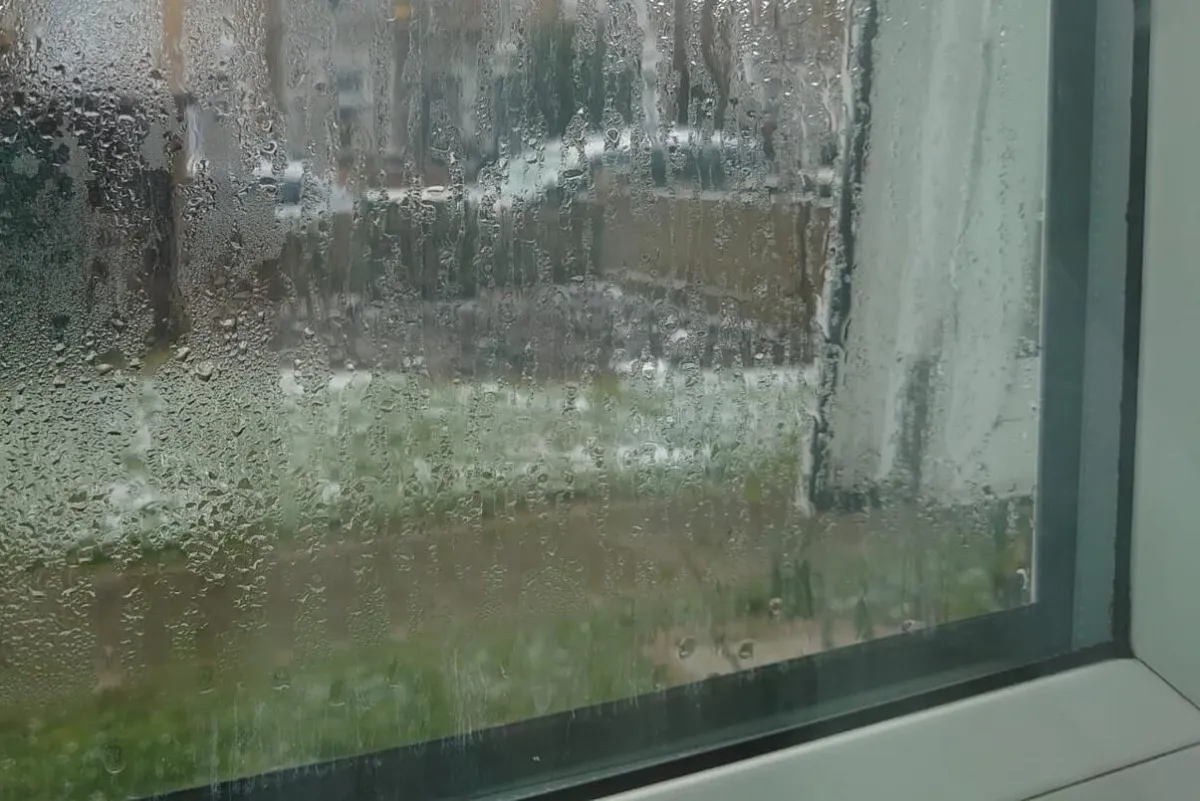
Your Rights as a Private Tenant When Living in Unsafe Conditions
A disrepair issue in a property can lead to health issues in both a physical and mental sense. This is true in any type of property, but particularly in the rental sector where tenants are reliant on the honesty and dependability of a landlord. Most landlords are responsible and fully understand their duties to look after tenants, but unfortunately some are irresponsible and neglect these duties, particularly in situations where they know their tenants are vulnerable, perhaps have low income and possibly also health issues, and are not in a strong position to fight back.
However, it is important to note that all tenants are protected from unscrupulous landlords in terms of having to live in unsafe conditions, and this is stipulated in the Homes (Fitness for Human Habitation) Act 2018.
What do we mean by ‘unsafe conditions’ in a rental property?
A landlord has a basic duty to provide a safe and comfortable property to a tenant, at the beginning of a tenancy and throughout the duration of the tenancy. According to the Homes (Fitness for Human Habitation) Act 2018, this means homes have to be fit for human habitation, which means they should be safe, healthy and free from any feature or condition that could cause serious harm.
Such issues can very quickly develop in a rental property that is in poor condition or where repair issues are ignored. Common issues which could lead to ‘unsafe conditions’ therefore include:
Damp and mould
Rotting/damaged windows
Water leaks
Gas leaks
Damaged electrics
Structural damage – walls, roof, floor
Damaged fittings – doors, stairs, bathroom and kitchen
Infestations
Faulty appliances – boilers, heating, radiators and ventilation systems
This legislation protects tenants against landlords who ignore repair issues reported to them, and ensures they improve properties where they are found to be unfit for human habitation.
What action can a tenant take against their landlord?
If a tenant has reported a disrepair issue to their landlord, and it is agreed that the issue is the landlord’s responsibility, the landlord must carry out the repair to ensure an unsafe condition is resolved or doesn’t develop. The tenant must allow the landlord a reasonable period of time to carry out this repair, but after this period has passed, the tenant has the power to take the landlord to court under the 2018 legislation. This would have the effect of forcing the landlord to carry out the repairs or solve the health issue, while the court can also force the landlord to pay compensation to the tenant for any costs that arise directly as a result of the disrepair issue.
There are some exceptions, under which the landlord would not have to carry out the repair and could not be taken to court. These include:
If the damage or unsafe condition was caused by the tenant’s own behaviour or neglect.
If the damage or unsafe conditions were caused by events beyond the landlord’s control, such as a fire, storm or flood, i.e. an act of God.
If any damage caused is to possessions left by a previous tenant, i.e. they are not included in the inventory listed in the tenancy agreement.
If the landlord has been prevented from carrying out the repair work, such as because planning permission is required from the council, or the owners of the building the flat is located within have not granted permission.
What should you do if you are living in unsafe conditions?
If your rental property has developed unsafe conditions you should do the following:
Report the issue directly to your landlord and request a repair.
Contact a legal representative such as Sparrowhawk Legal.
Give the landlord a reasonable period of time to carry out the repair. If they do not carry out the repair, send them a reminder.
Document the repair issue with photographs and evidence of the damage it is causing you, the property and your possessions. Continue to do this to show how the issue is getting worse and causing more damage.
Sparrowhawk Legal will help you establish whether you are covered by the Homes (Fit for Human Habitation) Act 2018. They will also help you identify who has liability to resolve the repair problem, and whether it is classed as the property being in an unsafe condition. Sparrowhawk Legal can also establish whether the landlord has any exemption from carrying out the repair.
If the disrepair issue is still not resolved after a reasonable period of time has gone by, and after fair warning has been given, Sparrowhawk Legal will help you process a claim, which could result in court action.
Professional housing disrepair claims with Sparrowhawk Legal
At Sparrowhawk Legal we understand how many tenants have concerns about escalating a disrepair issue to legal action. Many people don’t want confrontation or formal legal proceedings and also fear being evicted from the property. If your landlord makes any attempt to evict you, Sparrowhawk Legal can intervene to represent you and ensure this doesn’t happen and your home remains your home. We can then support you through the process of getting the repair issue resolved and shoulder the burden of any formal court proceedings that result.
We believe it is essential that tenants understand their rights and remain fully protected in situations where unsafe conditions are developing, or have developed, so contact our friendly and compassionate team at Sparrowhawk Legal if this applies to you.
